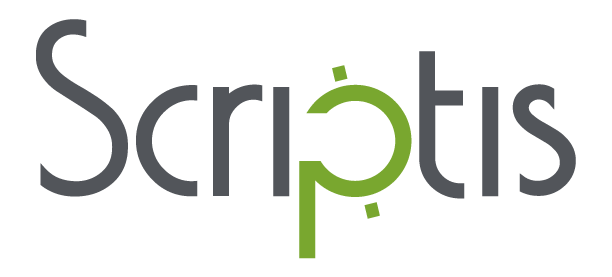Case study: Translation for e-learning localization into 9 languages

Executive Summary
Our client, a global chemical company, specializes in advanced materials, additives, specialty chemicals, and fibers. Scriptis has translated and localized many e-training modules for their global workforce. This most recent project required localization of information security training for all employees. The client required translation for e-learning into nine languages: Simplified Chinese, Dutch, Finnish, German, Japanese, Korean, Brazilian Portuguese, Mexican Spanish, and Russian.

The Challenge
With so many target languages, if a query about an ambiguous word or phrase arose after translation began, the project manager would need to communicate the solution to 9 different translation teams. In addition, parts of the module required translation by subject matter experts. Before beginning work, the project manager clarified issues with the client and communicated solutions to the translators.

Performance
To ensure no “late queries” arose after project launch, the project manager carefully evaluated the source texts to anticipate the translators’ queries. The manager of this project has special expertise in translation for information technology, so he was alert to potential misunderstandings. Discussions with the client helped clarify any issues that might arise.
The client’s team used Articulate Storyline to create the source module. This authoring tool lends itself well to the translation workflow. It allows export of each module in a format compatible with computer-assisted translation (CAT) tools. CAT tools help facilitate multilingual translation for e-learning. When uploading modules, the tools filter out the formatting tags and present the linguists with only the translatable text. This ensures that when the translation is finished, formatting and visual elements remain intact.
After the translation teams completed the translation and proofreading, the localization engineering team uploaded the target files and adjusted the format of each language-module in Articulate Storyline. Reformatting is typically required to accommodate the features of different target languages. For example, some languages use more space than others. The proofreaders then reviewed and approved exports of the final “pages” of the localized training modules. Because the client followed best practices to prepare for localization, there were no images with embedded text. If there had been, these would have been localized separately and re-integrated into the foreign-language Storyline module.

Results
The client was very pleased with the nine localized e-learning modules. Scriptis has worked with this particular client for years, and the benefits of a long-term client relationship include continuous mutual learning. The Scriptis team understood the needs of the client, thus saving time with queries. The client’s team learned over time how to create localization-friendly e-modules, simplifying the workflow for Scriptis.
E-learning is becoming more and more essential for employee training of multinational companies. Scriptis specializes in translation for e-learning modules for technical skills as well as “soft skills” training. Contact us to learn more about our services.
